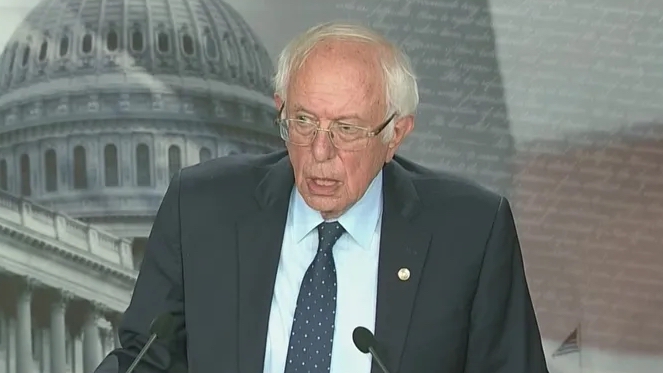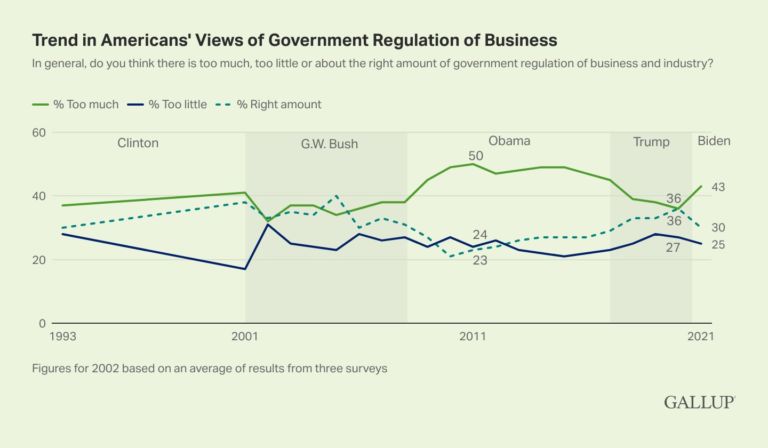Mirriam-Webster has announced it’s top ten words of 2012, and for the first time ever (OK, so they’ve only been doing this Word of the Year thing since 2003, but still), they’ve named two Words of the Year. The winners for 2012 are socialism and capitalism. Interesting, I think.
The rankings are based on the number of times each word is looked up on the publisher’s website, and this year there was an election, with lots of talk about the economy and the direction in which various candidates wanted to move both individual states and the country as a whole. Both of those words, socialism and capitalism, were thrown around a lot. I guess people weren’t really sure what they meant, and so they looked them up. A lot. (My mother who, throughout my childhood, routinely dismissed me from the dinner table to retrieve an encyclopedia so that I could look up the answer to whatever question I’d just posed, would be proud.)
I think the naming of these particular Words of the Year is significant. I’d like to believe that big words about ideology, “-isms,” being used so frequently reveals some sort of shift in our national dialogue about politics. I’d like to believe that it means we’re thinking about principles and ideals. I’d like to think that it means we’re moving beyond personal attacks and juvenile games and into a realm where politics is about what we hold to be true and good, the big ideas about what makes our lives and our society better.
But I’m not sure that really is what it indicates at all. For much of the campaign season, it seems to me, both of these words were used as attacks, a sort of name-calling. Elect that guy and you’ll get “greedy capitalism.” Elect his opponent and “evil socialism” will be the result. Evidently, a lot of people weren’t quite sure what that rhetoric was really all about.
Capitalism and socialism are both important words because they represent important ideas, two fundamentally different approaches to how we order our economy. And each of those systems has profound implications for the kind of society in which we live and work and raise families. I’m encouraged that people are looking them up.
At the Locke Foundation, we don’t hide the fact that we love capitalism. This post from Mitch Kokai a couple months ago gives a rather entertaining taste of why. And publications from our research department, as well as our weekly subject-area newsletters, are also great places to learn about what capitalism really means. Check them out.


